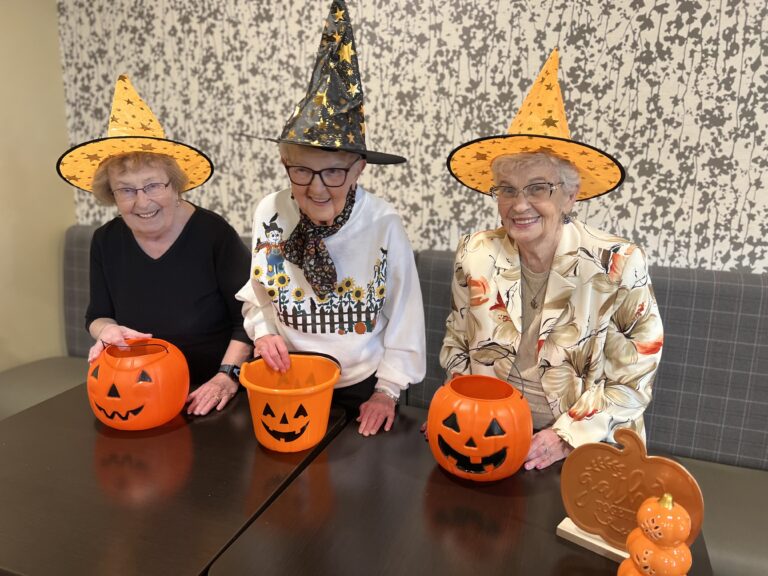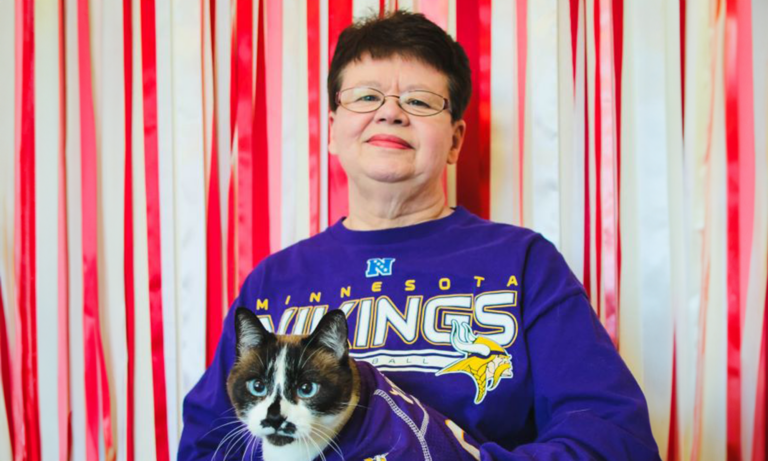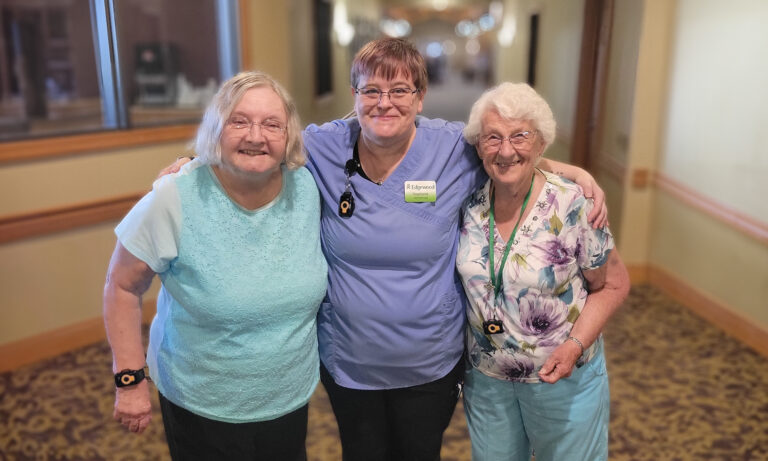
Families look forward to reunions and to reconnecting with extended relatives. If you are a senior with dementia, however, these events aren’t always a positive experience. Caregivers may need to be especially aware of a senior’s cognitive state to help them navigate the gathering and avoid getting confused or upset around so many people. If you’re heading to a family reunion shortly, consider these tips for taking a senior with dementia or memory loss:
Prepare Ahead of Time
Alzheimer’s disease and other types of memory loss do not affect each person similarly. Some will retain long-term memories and may recognize the faces of their loved ones who live afar, while perhaps they don’t recognize the faces of the most recent grandchildren. You may be able to assist them in recalling who will be at the reunion by helping them study ahead of time. Consider gathering photographs of each person at the event and writing their names on the photo.
Find Senior Living Near Me
Before the reunion, spend a few minutes daily talking with your loved one about who each person is, and show them photographs. Simply sharing their names is a start, but dig deeper into who they are. If your sister’s son is a carpenter and so was your dad before retiring, he’s much more likely to remember because he has deeper connections to the individual.
 Make sure your family members know about their senior loved one’s dementia.
Make sure your family members know about their senior loved one’s dementia.
Communicate with Family Members
If your family doesn’t gather or visit regularly, they may have no idea that your parent has memory loss. It can be heartbreaking and confusing when the senior doesn’t recall who the visitor is, so be sure that everyone is aware of their condition. Most people with memory loss experience significant fluctuations in daily recall abilities, so gauge the person’s mental status shortly before the event to understand better what to expect.
Observe Your Loved One During the Event
Memory loss isn’t the only side effect of dementia and Alzheimer’s disease. People with these conditions often become confused and agitated because they cannot remember things or when people get very close to them physically. Attending a family reunion is likely outside their routines and may throw off your loved one. Keep an eye on them in case you need to provide calming words or help the individual step away from the chaos for a while to relax. While the rest of the family may want to stay at the event for the whole day, if someone has dementia, they may become tired after an hour or two and have a better experience leaving the event sooner.




